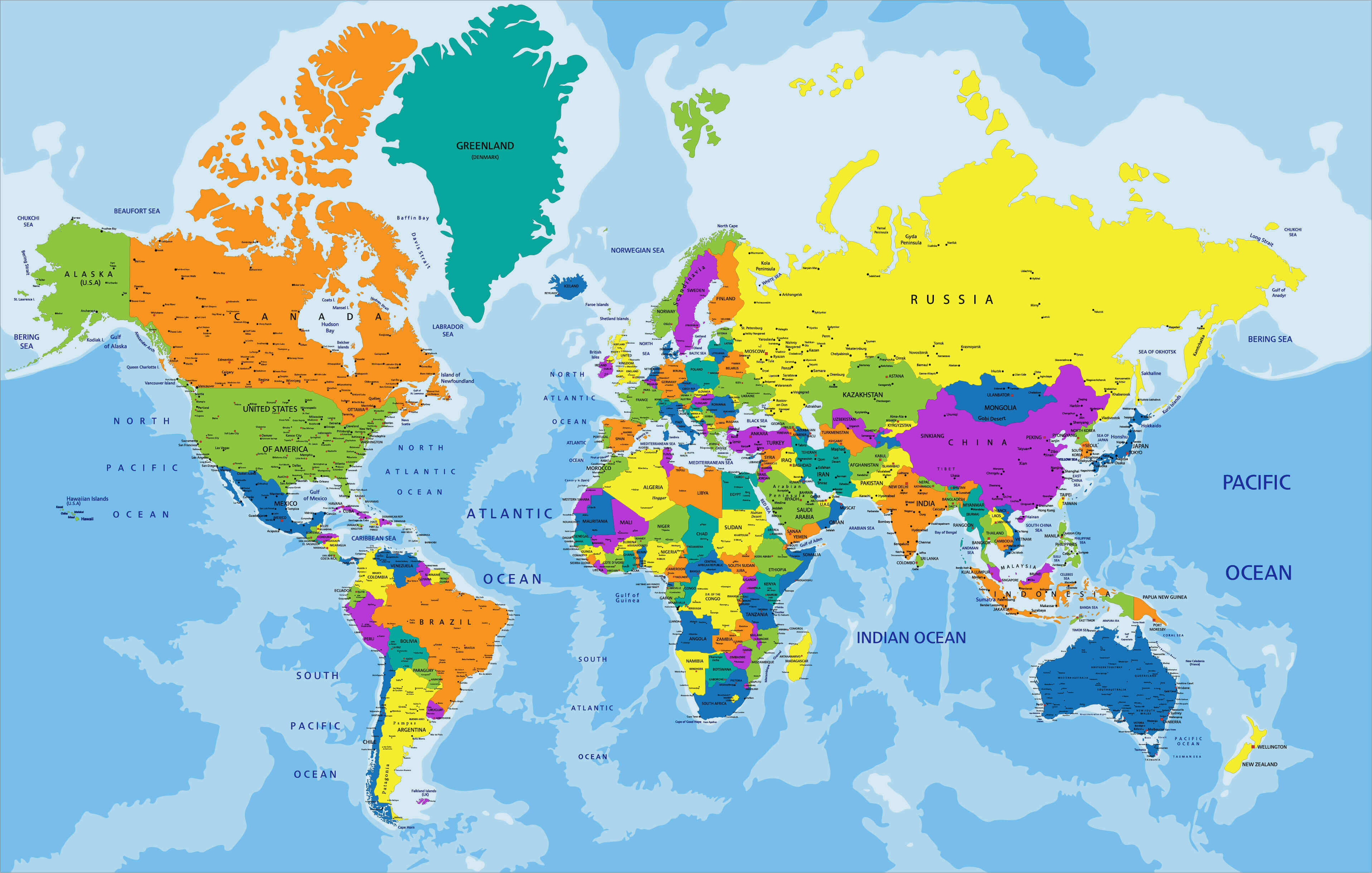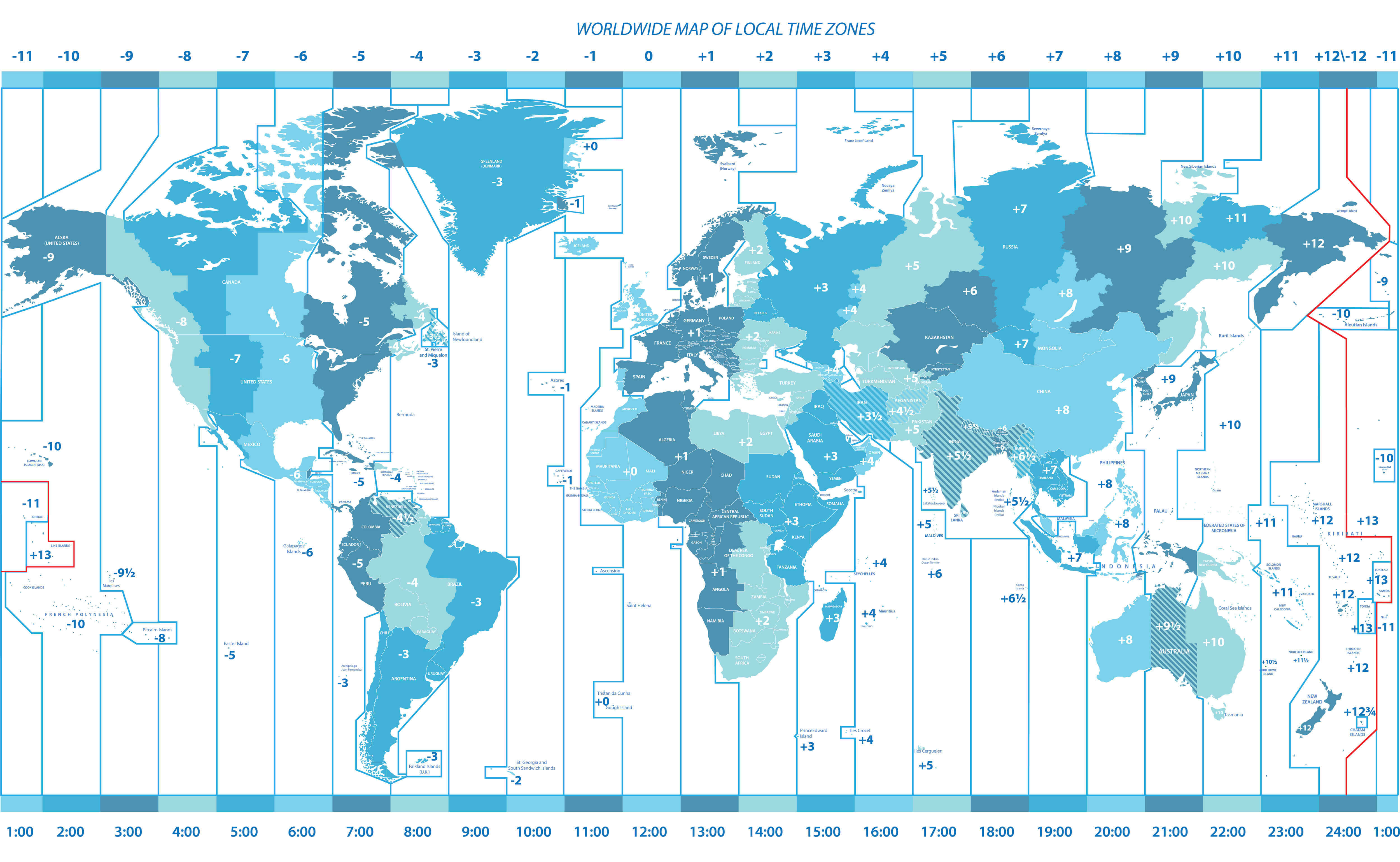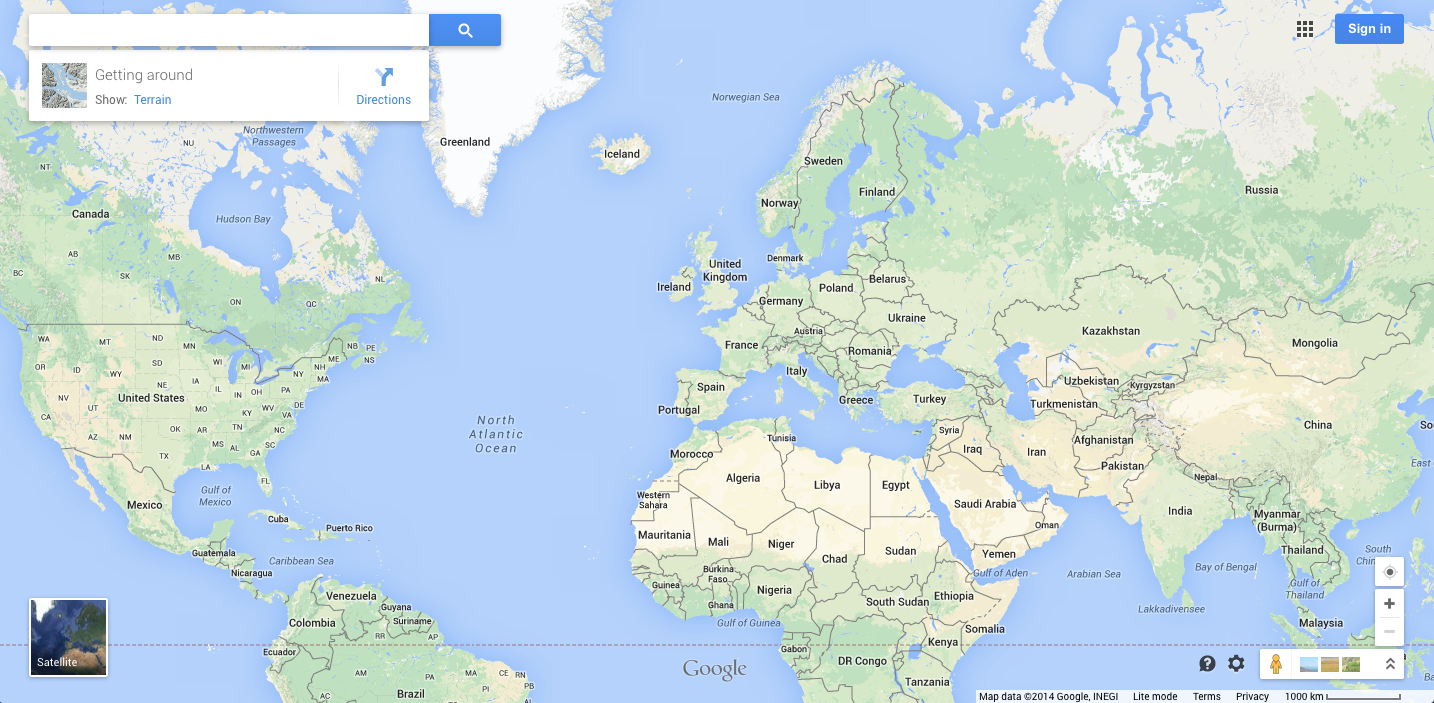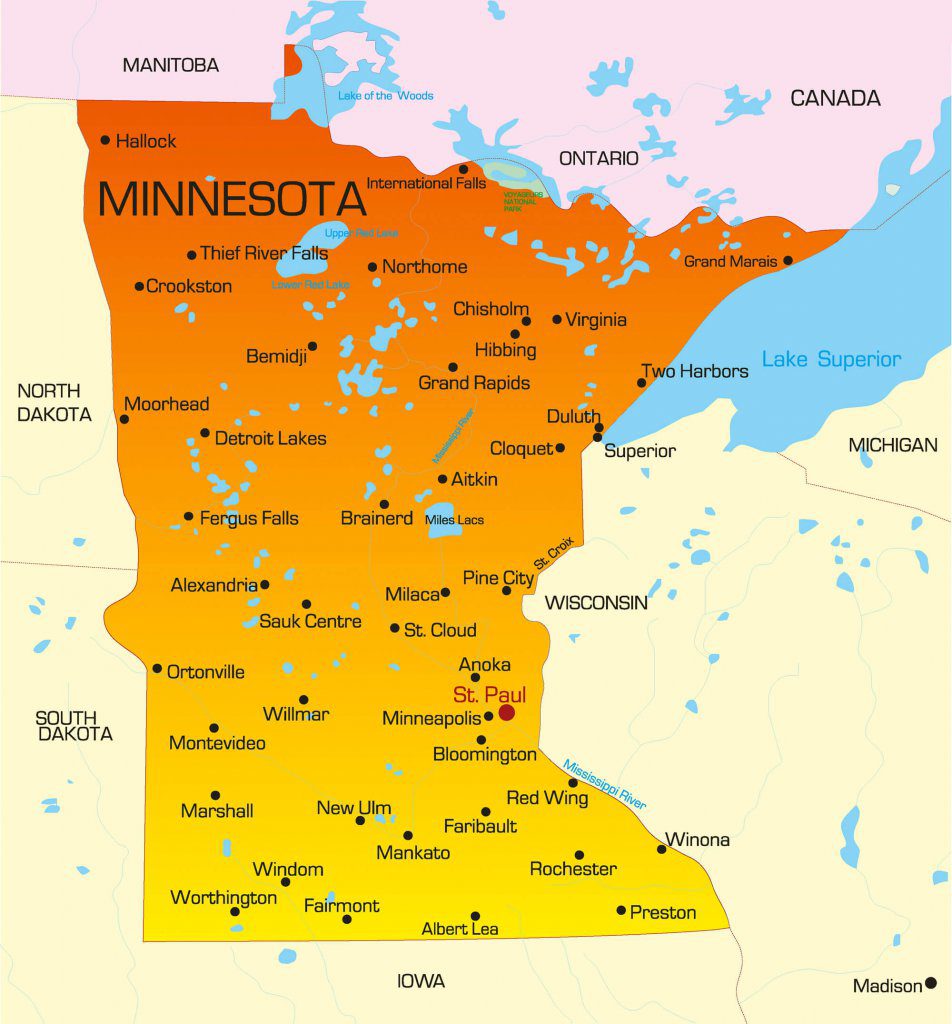Navigating the World: A Comprehensive Guide to World Map Locators
Related Articles: Navigating the World: A Comprehensive Guide to World Map Locators
Introduction
With enthusiasm, let’s navigate through the intriguing topic related to Navigating the World: A Comprehensive Guide to World Map Locators. Let’s weave interesting information and offer fresh perspectives to the readers.
Table of Content
- 1 Related Articles: Navigating the World: A Comprehensive Guide to World Map Locators
- 2 Introduction
- 3 Navigating the World: A Comprehensive Guide to World Map Locators
- 3.1 Understanding the World Map Locator: A Digital Compass for Exploration
- 3.2 The Benefits of Utilizing World Map Locators
- 3.3 Types of World Map Locators
- 3.4 FAQs about World Map Locators
- 3.5 Tips for Using World Map Locators Effectively
- 3.6 Conclusion: A World of Possibilities at Your Fingertips
- 4 Closure
Navigating the World: A Comprehensive Guide to World Map Locators

In an era marked by globalization and interconnectedness, the ability to understand and navigate the world map has become increasingly crucial. Whether for personal travel, professional endeavors, or simply expanding one’s knowledge, a clear understanding of global geography is essential. This is where world map locators, powerful tools for visualizing and interacting with geographical data, come into play.
Understanding the World Map Locator: A Digital Compass for Exploration
World map locators are interactive digital platforms that allow users to explore the Earth’s surface with remarkable ease. These tools go beyond static maps, offering a dynamic and engaging way to delve into geographical information. They provide a range of features, including:
- Interactive Zooming and Panning: Users can seamlessly zoom in and out of specific regions, exploring continents, countries, cities, and even individual landmarks with unprecedented detail.
- Search Functionality: Locating specific places is effortless with integrated search bars. Users can input location names, addresses, or even coordinates to pinpoint their desired destination.
- Geolocation Services: Some world map locators incorporate geolocation capabilities, allowing users to identify their current location on the map.
- Layered Information: Beyond basic geographical features, these tools often display additional layers of information, such as population density, elevation, climate data, political boundaries, and even traffic conditions.
- Measurement Tools: Users can measure distances and calculate areas directly on the map, facilitating travel planning or project analysis.
- Route Planning: Many world map locators offer route planning functionalities, allowing users to plot optimal travel routes by car, public transportation, or even air.
The Benefits of Utilizing World Map Locators
The widespread adoption of world map locators is a testament to their numerous benefits:
- Enhanced Geographical Literacy: Engaging with interactive maps fosters a deeper understanding of global geography, promoting geographical literacy and awareness.
- Informed Decision-Making: Whether planning a trip, researching a business opportunity, or simply satisfying intellectual curiosity, world map locators provide crucial context and information for informed decision-making.
- Visual Exploration: Interactive maps offer a visually engaging and intuitive way to explore the world, making complex geographical concepts accessible and enjoyable.
- Increased Accessibility: World map locators are readily available online and on mobile devices, making geographical information accessible to anyone with an internet connection.
- Collaborative Potential: Some platforms allow users to share maps, routes, and annotations, fostering collaboration and knowledge sharing.
Types of World Map Locators
World map locators come in various forms, each tailored to specific needs and functionalities:
- Online Mapping Services: Platforms like Google Maps, Bing Maps, and OpenStreetMap offer comprehensive mapping services with extensive data and functionalities.
- Specialized Mapping Tools: Industry-specific tools cater to niche requirements, such as GIS software for spatial analysis or mapping applications for logistics and transportation.
- Educational Mapping Resources: Educational institutions and organizations provide interactive maps designed for learning and teaching, often incorporating educational content and activities.
- Travel Planning Applications: Travel apps like Tripadvisor and Lonely Planet offer integrated maps with curated travel information, reviews, and recommendations.
FAQs about World Map Locators
1. How accurate are world map locators?
The accuracy of world map locators depends on the data source and the level of detail provided. While most online mapping services strive for high accuracy, factors like terrain, remote areas, and data updates can influence the precision of the information displayed.
2. Are world map locators free to use?
Many online mapping services offer basic functionalities for free, while advanced features and access to premium data often require subscriptions or paid plans.
3. What are the differences between Google Maps and other mapping services?
Google Maps is renowned for its comprehensive data coverage, user-friendly interface, and integration with other Google services. Other mapping services may offer unique features, such as specialized data layers or focus on specific regions.
4. Can I use world map locators offline?
Some mapping services allow users to download maps for offline use, enabling navigation and location identification even without an internet connection.
5. How can I contribute to world map data?
Open-source mapping platforms like OpenStreetMap encourage user contributions, allowing individuals to edit and improve map data through collaborative efforts.
Tips for Using World Map Locators Effectively
- Identify Your Needs: Determine the specific purpose for using a world map locator to choose the most appropriate tool for your requirements.
- Explore Data Layers: Utilize the available data layers to gain insights beyond basic geography, such as population density, climate data, or historical information.
- Utilize Search Functionality: Take advantage of the search bar to locate specific places, addresses, or points of interest.
- Customize Your View: Adjust map settings, such as zoom level, map style, and data overlays, to tailor the map to your preferences.
- Experiment with Features: Explore the various functionalities of the map locator to discover its full potential.
Conclusion: A World of Possibilities at Your Fingertips
World map locators have become indispensable tools for navigating the world, both literally and figuratively. Their ability to visualize and interact with geographical data has revolutionized how we explore, understand, and engage with our planet. Whether for travel planning, business analysis, or simply expanding our knowledge, these digital compasses offer a wealth of possibilities, empowering us to discover and connect with the world around us.








Closure
Thus, we hope this article has provided valuable insights into Navigating the World: A Comprehensive Guide to World Map Locators. We thank you for taking the time to read this article. See you in our next article!